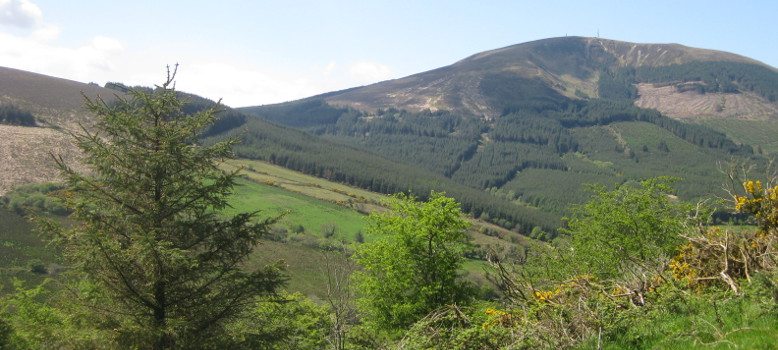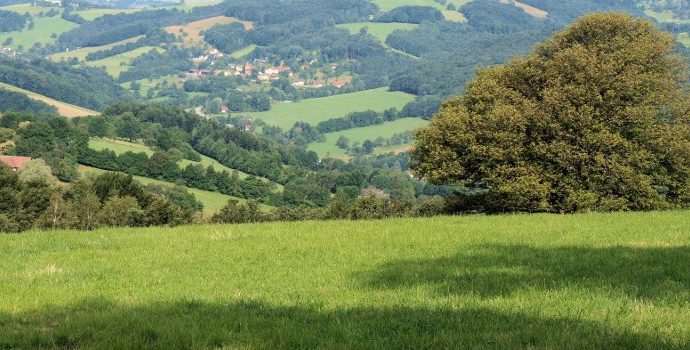Farmers Will be Concerned About Aspects of Nature Restoration Law Compromise

IFA Environment Chair Paul O’Brien said that late last night provisional political agreement for the proposed EU Nature Restoration Law was agreed by negotiators from European Parliament and European Council.
“Article 9, which relates to agricultural ecosystems, had been deleted from the text agreed by the European Parliament in July, but has now been re-introduced,” he said.
“This is a very disappointing and worrying development which will have an impact on farm families, particularly families farming on drained peatland. Even with the amendments proposed, which sees the targets for rewetting drained peatland in agricultural use reduced and voluntary rewetting targets for farmers, the proposed law will impact production.”
“It is clear that the European Parliament’s lead negotiator from the Environment Committee César Luena ignored the mandate of the Parliament,” he said.
In his meeting with Environment Commissioner Virginijus Sinkevičius this week in Brussels, the IFA President Tim Cullinan expressed his concern at the impact on Irish farmers as a result of the Nature Restoration proposal.
Under the newly agreed text, Ireland will be required to put in place restoration measures for organic soils in agricultural use on at least 30% of this land by 2030, with at least 25% of the area to be rewetted. This increases to 50% by 2050, with at least 33% of the area are to be rewetted.
The potential impact on food production is recognised in the text with the introduction of an emergency brake for agricultural ecosystems targets, so that the targets can be suspended under exceptional circumstances, if they create severe EU-wide consequences on the availability of land required to secure sufficient agricultural production for EU food consumption.
“From the outset, IFA called for a full impact assessment to be undertaken at Member State level to understand the area of farmland impacted and the potential impact on food production before the law is introduced. The commitment to restore 90% of habitat types by 2050 and the requirement to show continuous improvement in the quality of habitats shows the scale of the impact and challenge for farmers and the rural community.”
Paul O’Brien said that farmers support the restoration of nature, but in order to deliver for nature we need to fully understand the impact of the proposed targets. Farmers must not be castigated for feeling that Europe is walking blindly into these targets without fully understanding the consequences. The agreement reached yesterday must now be adopted by the European Council and the European Parliament before entry into force




